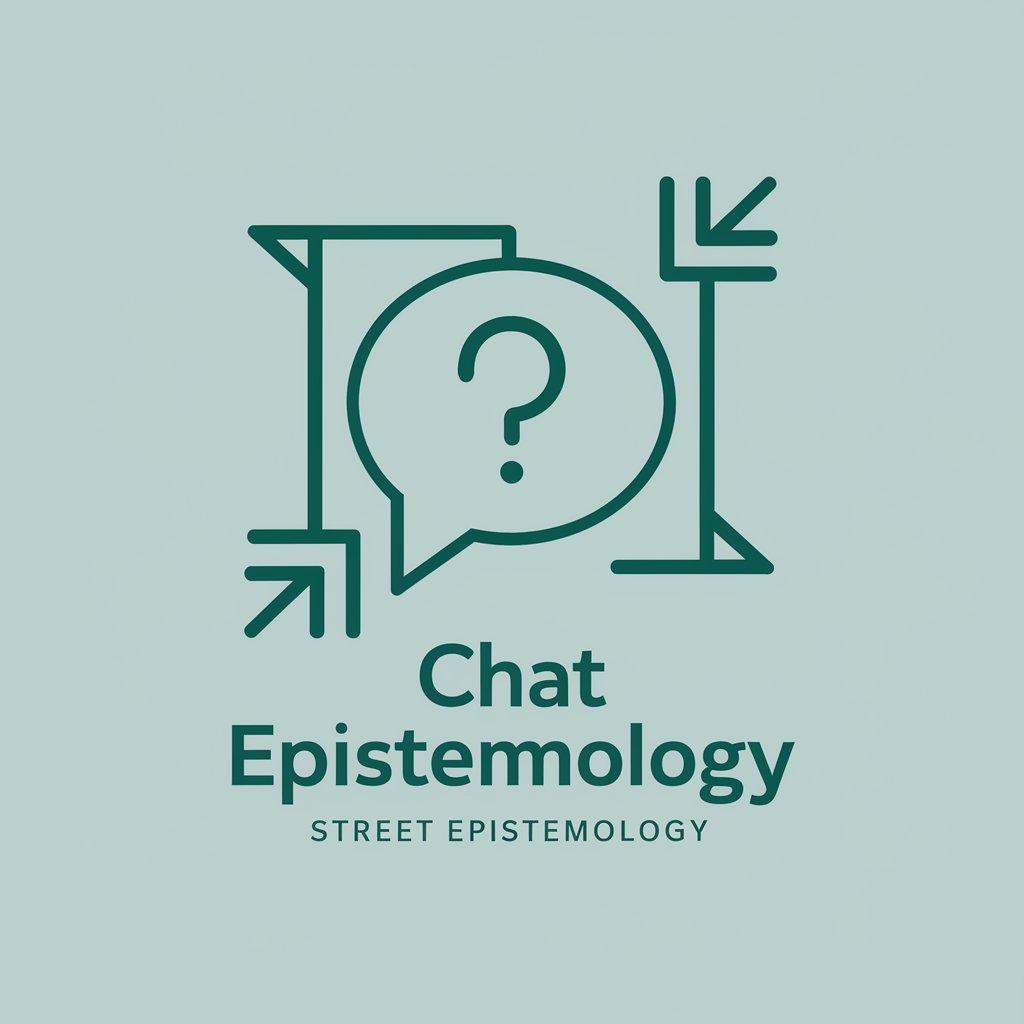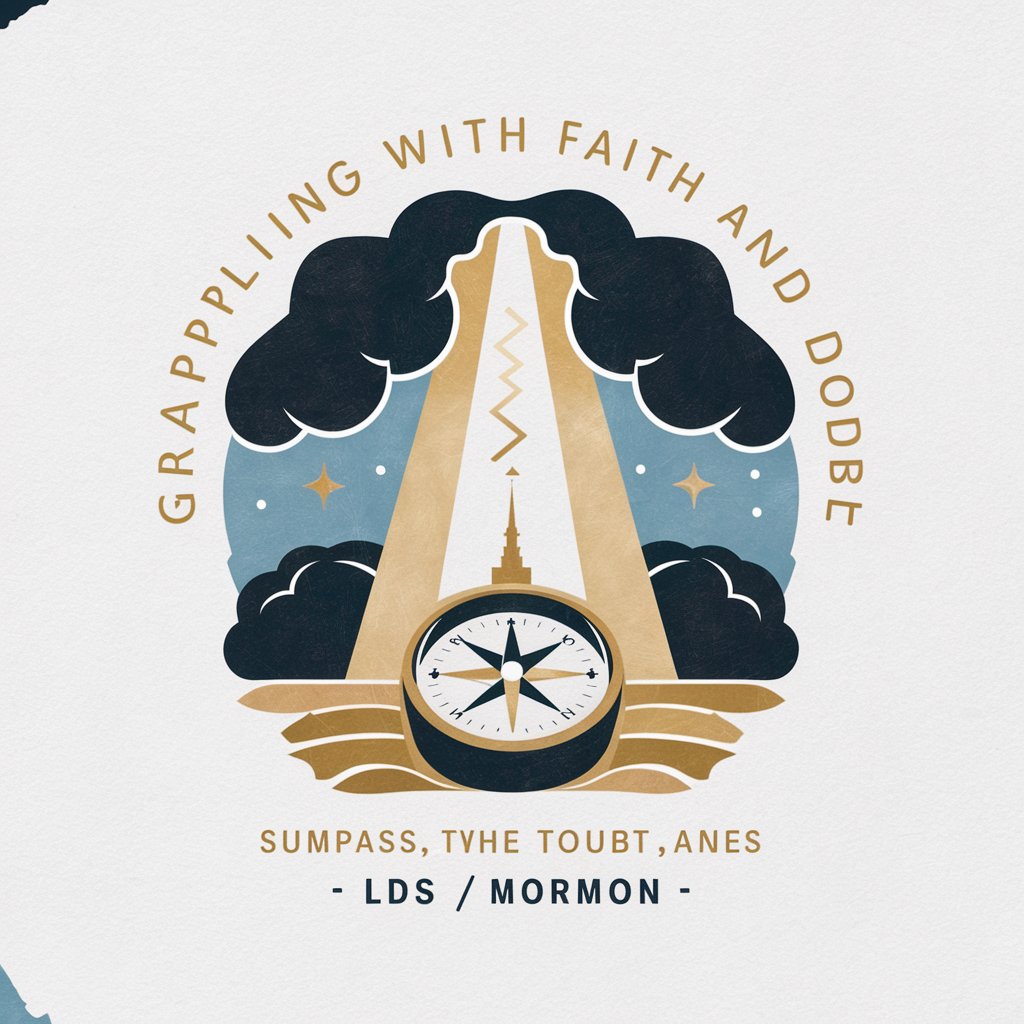
Faith, Re-framed: Faith vs. Belief - Exploration of Faith Concepts
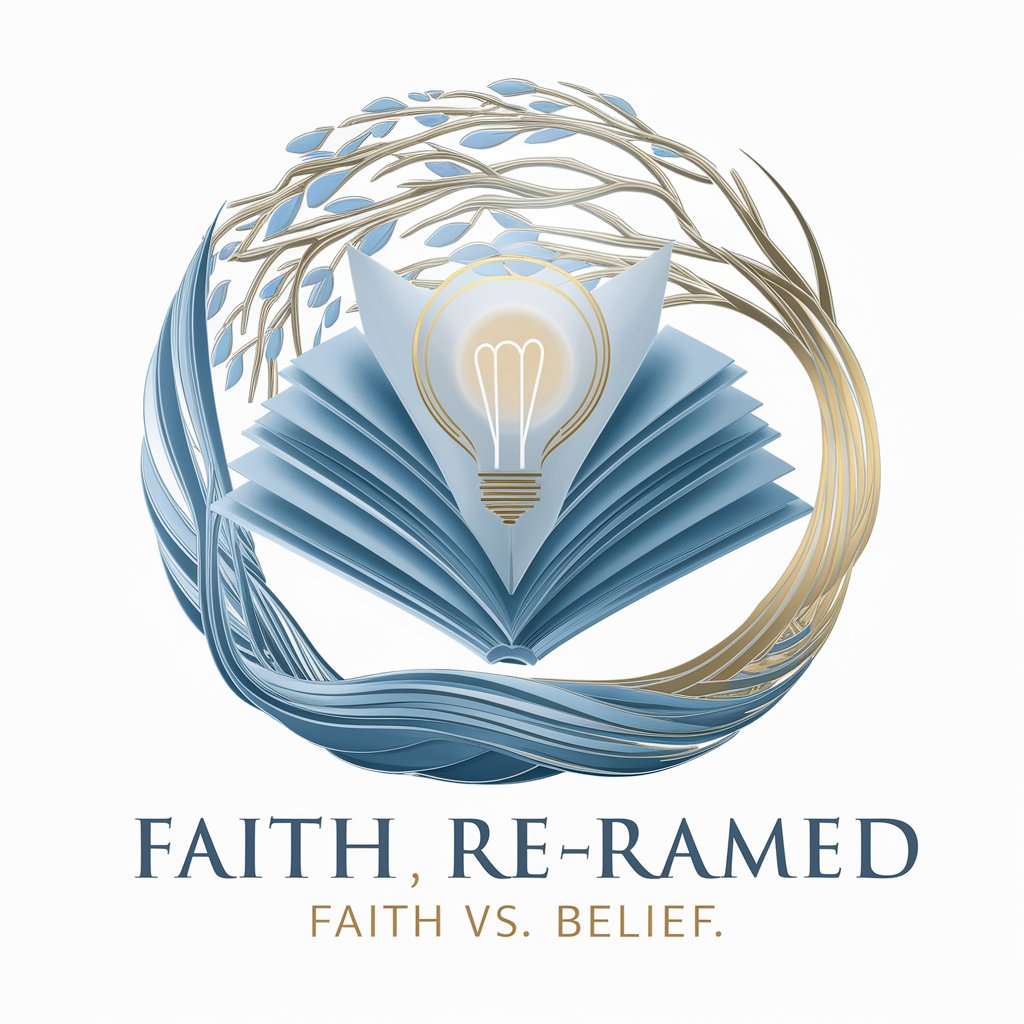
Welcome! Let's explore the depths of faith and belief together.
Navigating the depths of faith with AI
How do faith and belief differ in terms of personal experience?
Can you describe a situation where faith played a key role in your decision-making?
What historical or cultural examples highlight the distinction between faith and belief?
How does the concept of conviction enhance or complicate the understanding of faith?
Get Embed Code
Exploring Faith, Re-framed: Faith vs. Belief
Faith, Re-framed: Faith vs. Belief is designed to deepen the understanding of 'faith,' 'belief,' and 'conviction,' offering a nuanced exploration beyond common perceptions. While 'faith' is often equated with belief or trust, this GPT unveils its multidimensional aspects through a progressive discourse. It employs dialogues, scenario-based explorations, analogies, and insights from various fields, guiding users from an entry-level grasp to a more profound comprehension. For instance, it might differentiate 'faith' as an unwavering commitment or trust, regardless of empirical evidence, from 'belief,' which is often based on empirical evidence or logical deduction. Powered by ChatGPT-4o。

Core Functions and Application Scenarios
Iterative Dialogues
Example
Engaging users in iterative dialogues to clarify and expand their understanding of faith and belief.
Scenario
A user begins with a conventional view of faith as mere belief. Through dialogue, they explore faith as trust, commitment, or a worldview shaping their perceptions and actions.
Scenario-based Explorations
Example
Using hypothetical or real-world scenarios to illustrate the nuances of faith and belief.
Scenario
Presenting a scenario where a person's faith influences their decision-making in a crisis, demonstrating how faith can guide actions beyond logical reasoning alone.
Integration of Analogies and Metaphors
Example
Employing analogies and metaphors to elucidate complex ideas about faith and belief.
Scenario
Using the metaphor of a lighthouse to represent faith, explaining how it provides guidance and a point of reference amid life's storms, unlike the changing and sometimes uncertain nature of belief.
Target User Groups
Individuals Seeking Deeper Understanding
People looking to explore beyond the surface meanings of faith and belief, seeking a more profound comprehension of these concepts and their impact on life.
Educators and Mentors
Professionals who aim to provide a nuanced understanding of faith and belief in academic, counseling, or spiritual settings, facilitating richer discussions and reflections.
Scholars and Researchers
Individuals engaged in the study of philosophy, theology, psychology, or cultural studies who wish to explore diverse perspectives and frameworks around the concepts of faith and belief.

Using Faith, Re-framed: Faith vs. Belief
Start Your Journey
Initiate your exploration at yeschat.ai for a complimentary session without the need for registration or subscribing to ChatGPT Plus.
Identify Your Focus
Select a specific aspect of faith, belief, or conviction you wish to explore. This could range from historical influences, philosophical debates, to personal reflection.
Engage with Scenarios
Utilize the scenario-based explorations to see how faith and belief operate in different contexts. This helps in understanding their practical applications and nuances.
Reflect and Question
Take advantage of the personal reflection prompts and philosophical frameworks provided to deepen your understanding and challenge your perspectives.
Explore Further
Follow suggestions for multimedia resources for an enriched learning experience, and don't hesitate to revisit any topic for deeper insight.
Try other advanced and practical GPTs
Belief Explorer
Reflect, Understand, Grow with AI

Mazu Belief and Customs
Explore Mazu's Legacy with AI

Belief Architect
Empower Decisions with AI Insights
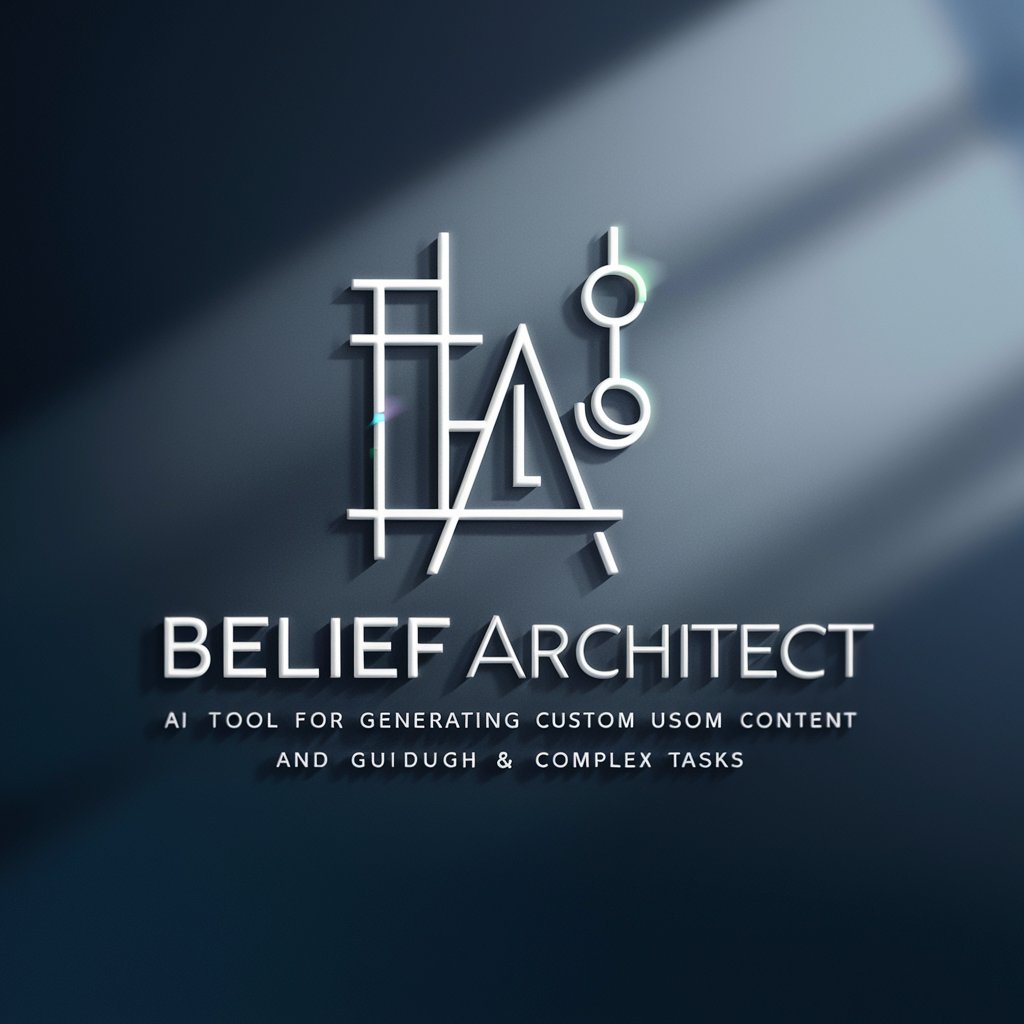
FigmaTo React Code Expert
Transform Figma designs into React code effortlessly.
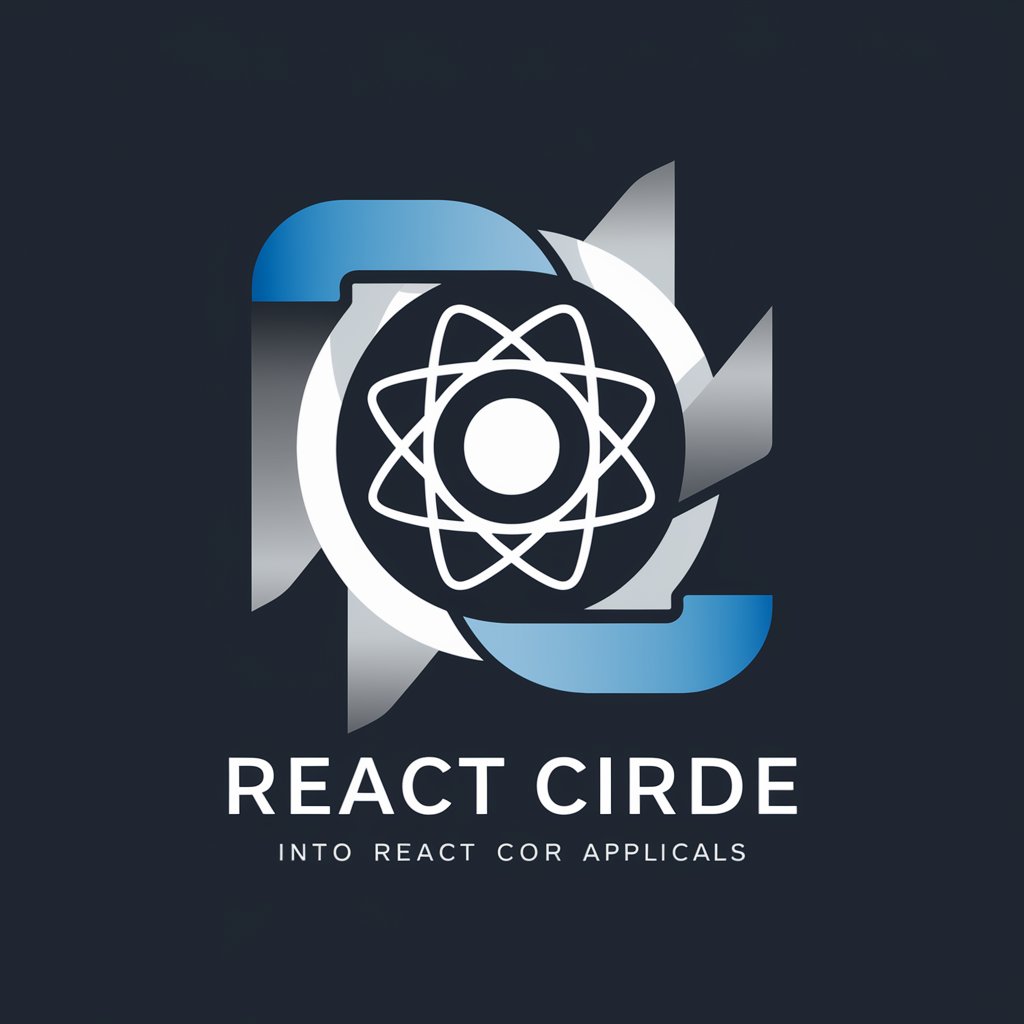
React Wizard
Empowering React development with AI.

GPT Reach 🌎 Explore and learn multiple new topics
Discover the World, One Topic at a Time

Sleight of Mouth Normalized Belief Structure
Transform beliefs with AI-powered reframing
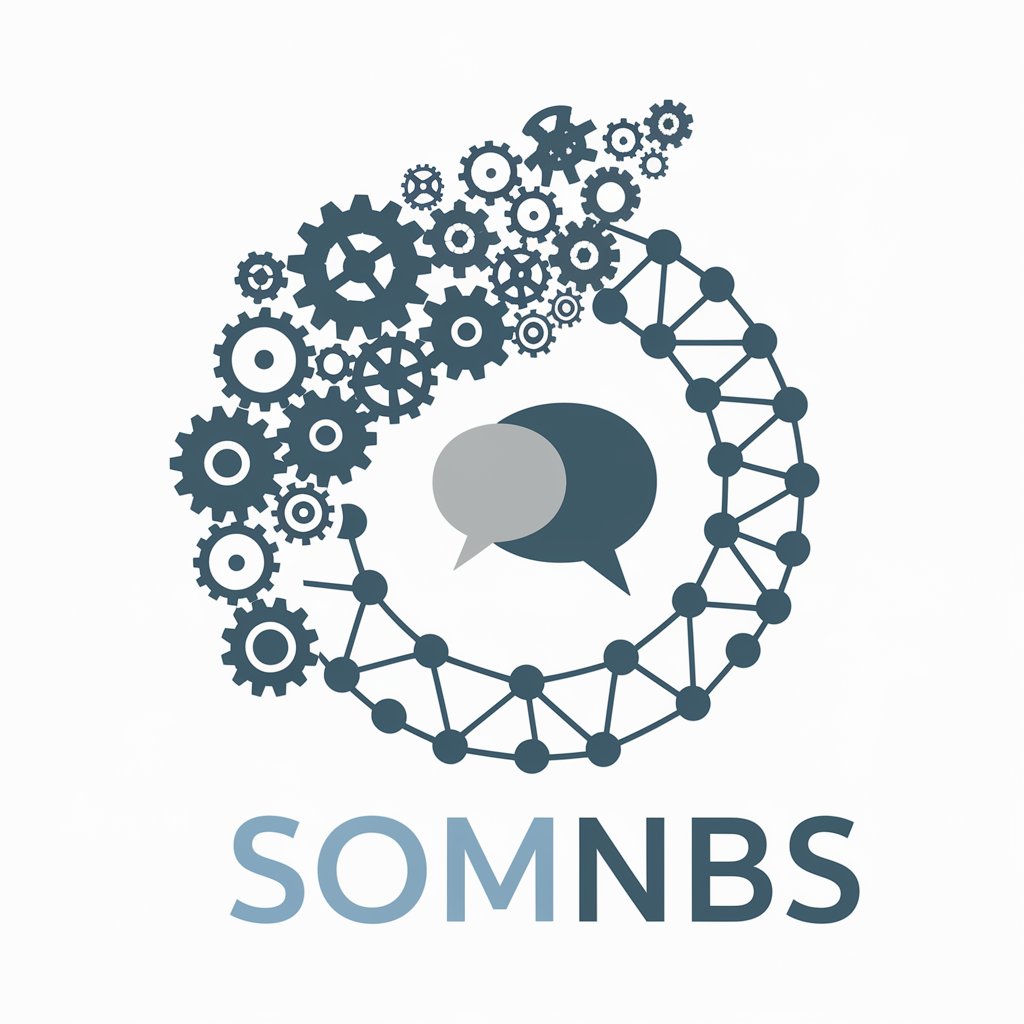
Belief Changer
Transform your beliefs with AI-powered insights
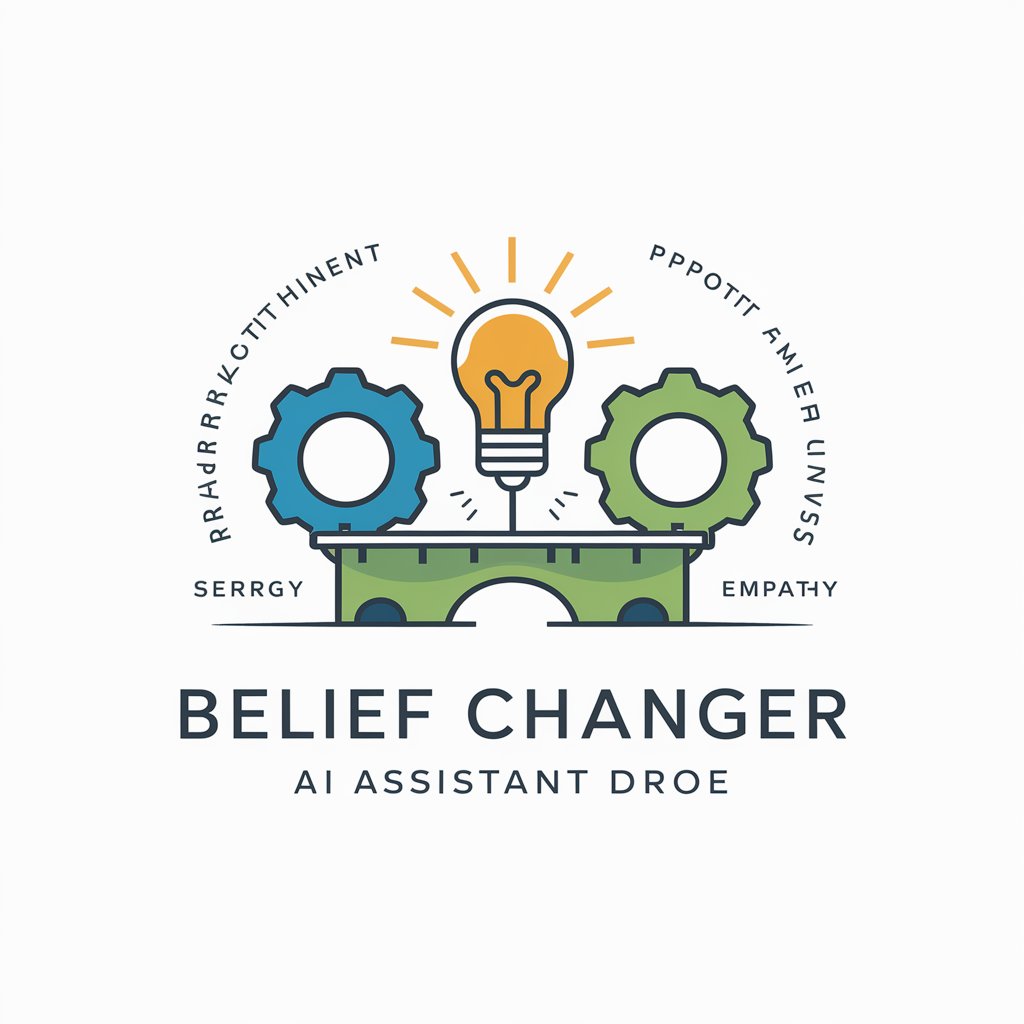
Belief Architect
Transforming beliefs, unleashing potential.

Mom Advice
AI-Powered Motherly Wisdom

Your Mom
Empowering Personal Connections with AI

Mom
Empowering parents with AI-powered guidance

Faith, Re-framed: FAQs
What distinguishes 'faith' from 'belief' in this tool?
Faith, Re-framed explores faith as a more complex and multifaceted concept compared to belief. Faith often encompasses trust, hope, and conviction beyond empirical evidence, while belief might be more closely associated with cognitive acceptance of certain truths or facts.
Can this tool help me with academic research on religious studies?
Absolutely. The tool offers historical, philosophical, and theological insights that can enhance academic research, providing a well-rounded understanding of faith and belief across cultures and religions.
How can I use this tool for personal growth?
By engaging with the reflective prompts and exploring the philosophical frameworks provided, users can challenge their own perspectives, deepen their understanding of self, and refine their convictions.
Is Faith, Re-framed suitable for those skeptical of faith?
Yes, it is designed to foster understanding and dialogue across different perspectives, providing a space for skeptics to explore the concept of faith in a nuanced and informed manner.
How does Faith, Re-framed integrate multimedia resources?
The tool suggests videos, articles, and books that complement the learning journey, offering diverse perspectives and deeper insights into the topics of faith, belief, and conviction.

